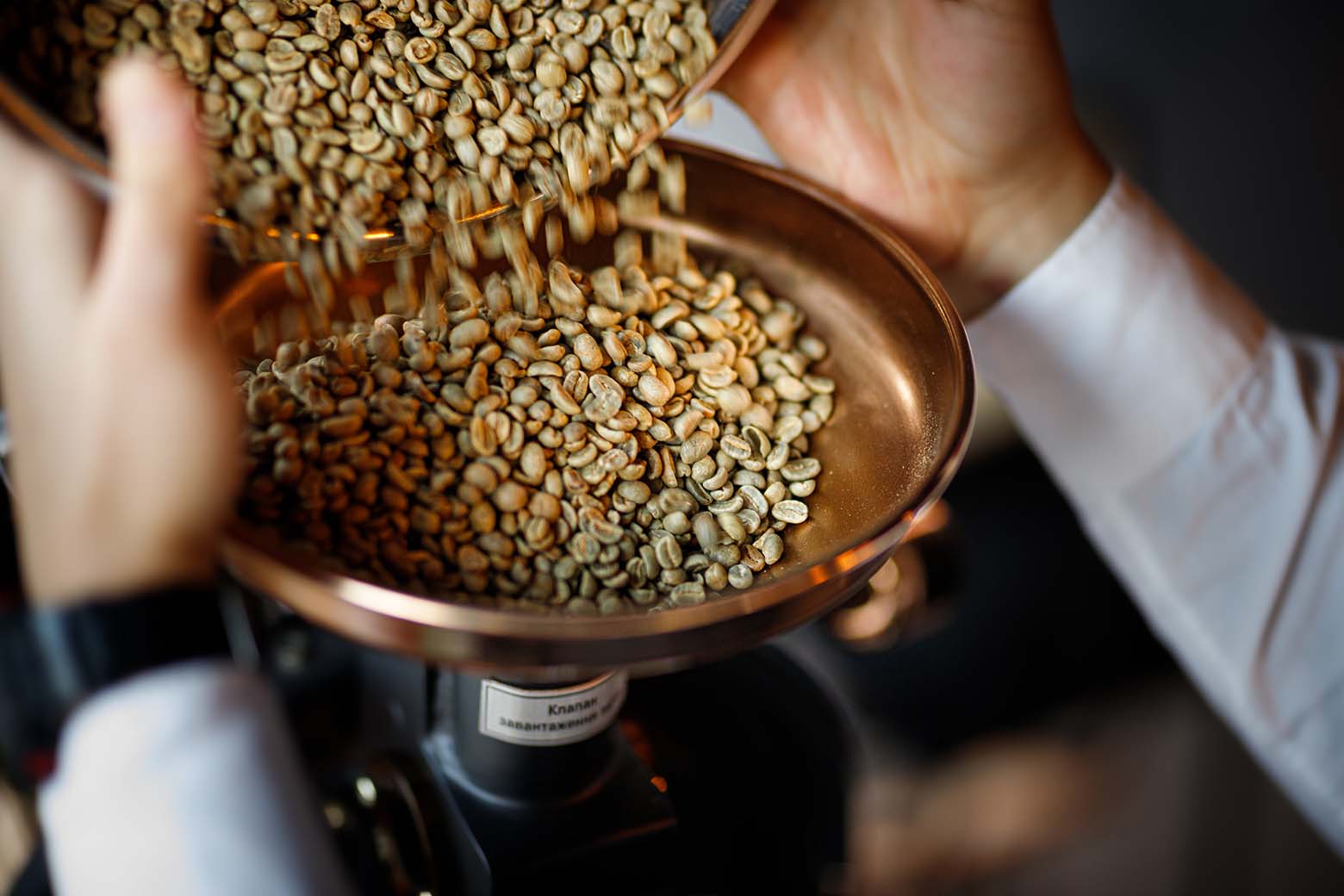Supermarket coffee beans VS Specialty coffee beans
Lily Hedley | September 17, 2025

Ever wondered what the difference is between supermarket coffee beans and specialist roasters? We get this question all the time, so we decided to break it down in a clear, practical way. This supermarket coffee beans review is based on our video, where we compare supermarket vs specialist coffee in terms of freshness, flavour, sourcing, and more.
What are you really getting with supermarket coffee?
Supermarket coffee is everywhere and easy to grab, but there are some trade-offs to know about:
- Mass-produced and often old – beans may have been roasted months before hitting the shelves.
- Generic blends – designed to appeal to a broad audience, so flavour can be muted.
- Inconsistent quality – one bag might taste very different from the next.
- Budget-friendly – generally much cheaper than specialist beans.
- Limited sourcing information – it’s rare to know exactly where the beans came from.
That said, supermarket coffee isn’t all bad. Its affordability makes it accessible for new coffee drinkers, and it’s convenient for offices or households where price and availability matter more than subtle flavour differences.
This section also forms a practical coffee bean comparison for readers who are asking, “are supermarket beans any good?”
How specialist roasters are different
Specialist coffee roasters focus on quality and traceability, which usually comes at a higher price, but with clear benefits:
- Freshly roasted in small batches – often to order, meaning better flavour retention.
- Traceable sourcing – single-origin beans or transparent blends with clear information on origin.
- Consistent, complex flavours – you’re more likely to taste the subtle notes the roaster intended.
- Ethically and sustainably sourced – many roasters prioritise fair and environmentally conscious practices.
- Higher price – justified by quality, freshness, and ethical practices.
This makes specialist beans ideal for those seeking the best coffee beans in the UK or anyone wanting more from their daily brew.

What does “freshly roasted” actually mean?
Coffee beans start losing flavour shortly after roasting. Key points to know:
- Roast date matters – beans are at their best within 3–4 weeks of roasting.
- Degassing – freshly roasted beans release CO2, so waiting a few days improves extraction.
- Older beans – beans over 6 weeks old will taste flat, regardless of how good they were originally.
Specialist roasters clearly label roast dates, giving you confidence in the freshness and flavour consistency of your cup. This is a key factor when doing a taste test coffee beans comparison.
Quick comparison
| Feature | Supermarket coffee | Specialist roasters |
|---|---|---|
| Roast date | Often unknown | Clearly labelled, recent |
| Flavour consistency | Varies widely | Consistent, refined |
| Sourcing transparency | Rare | Clear and traceable |
| Price | Low | Medium to high |
| Packaging | Standard | Airtight, quality materials |
| Best for | Convenience | Coffee lovers, offices |
Which coffee is right for you?
Supermarket beans
If cost is your main priority or you just need a simple cup of coffee, these will work.
Specialist beans
If taste, consistency, and quality matter, freshly roasted beans make a noticeable difference. Offices, coffee enthusiasts, or anyone wanting a richer cup will see the value.
Freshly roasted beans mean smoother extraction, more complex flavour, and fewer complaints from colleagues or guests.
This guide also serves as a coffee bean comparison for those deciding between supermarket beans and specialist roasters.
FAQs
Are supermarket coffee beans any good?
Coffee is coffee at the end of the day, but it’s worth knowing that supermarket beans are often older and less consistent than those from specialist roasters. You can still find good quality beans on the shelves, but supermarket storage and distribution aren’t designed to keep coffee at its freshest for long.
That’s why freshness and consistency are the biggest talking points in almost every supermarket coffee beans review.

How long do coffee beans stay fresh?
3–4 weeks after roasting is ideal. After 4-6 weeks, the flavour noticeably declines as the beans start to oxidise. Oxidisation can make the beans taste stale or a bit ‘flat’ as they lose their complexity.

What’s the best place to buy coffee beans in the UK?
Local roasters, specialist suppliers, or reputable online shops that roast to order. This is where you’ll find some of the best coffee beans in the UK. Make sure you check for a roast date on the packet.
